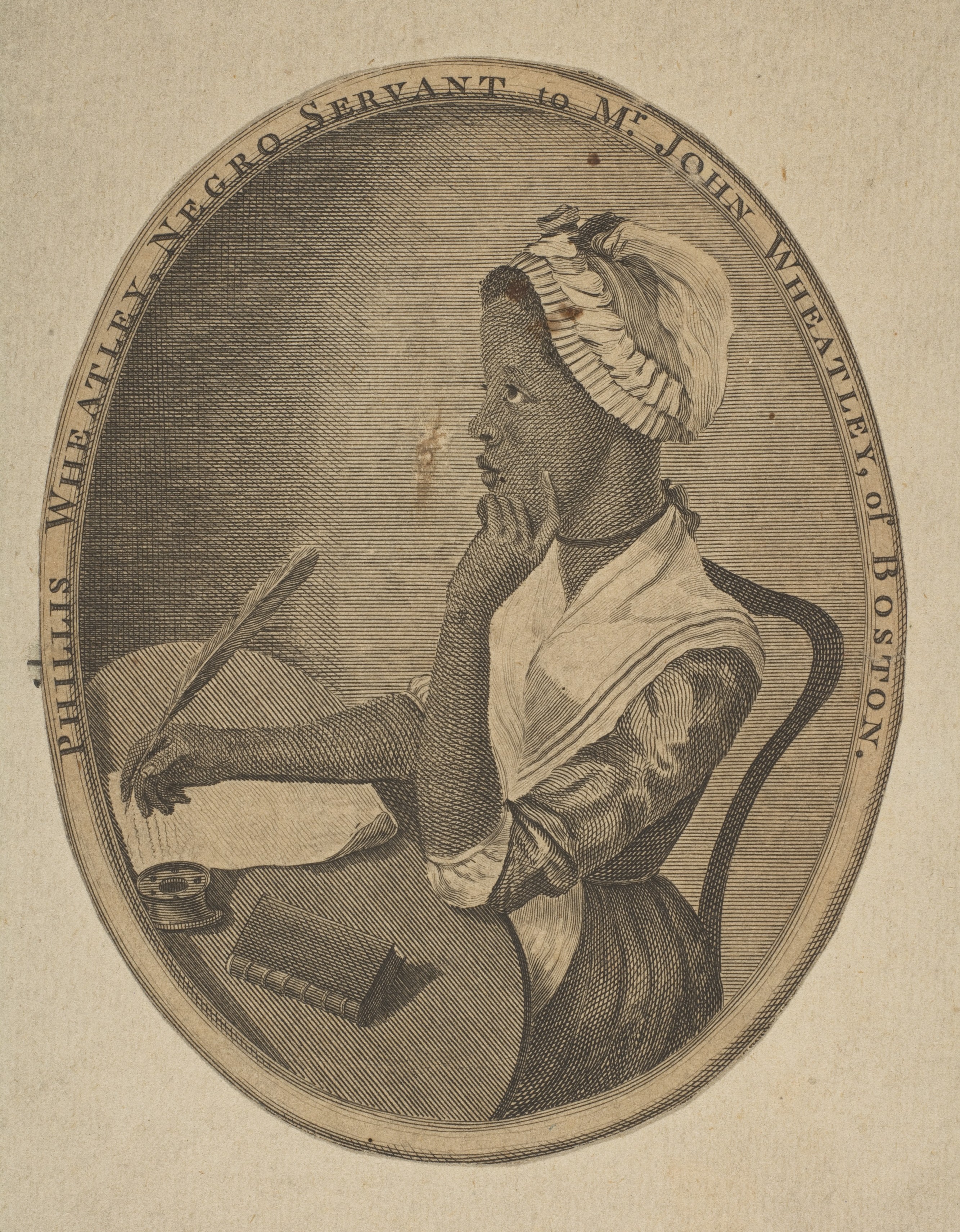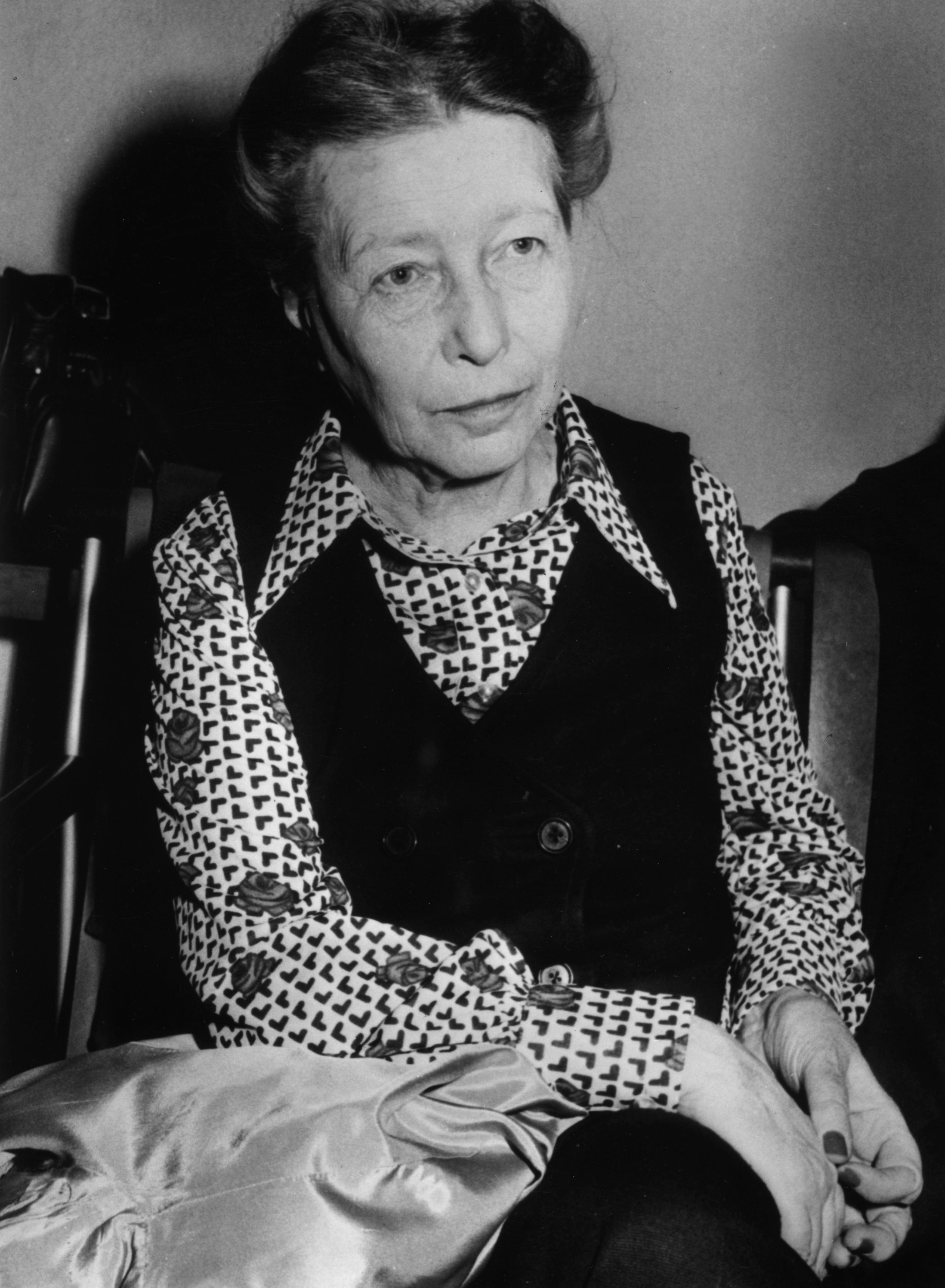


Are you sure you want to reset the form?
Your mail has been sent successfully
Are you sure you want to remove the alert?
Your session is about to expire! You will be logged out in
Do you wish to stay logged in?
Explore free-to-access resources from Bloomsbury Philosophy Library, celebrating the role women have played in shaping intellectual thought and philosophy through the ages. This Topic in Focus brings together a subject guide, book chapters, biographical entries and a case study exploring women from a range of backgrounds and time periods and their contributions to philosophical thought. The subject guide offers an overview of the women included in Bloomsbury Philosophy Library. Featured entries provide overviews of each philosopher’s life and work. Readers can delve deeper into the content with free-to-access articles exploring women’s contributions in mysticism, existentialism, phenomenology and more.

This guide covers our entries on the women in Britain, France, Germany and North America who have contributed to the history and development of philosophical thought between the seventeenth and twentieth centuries.
Biographies from the subject guide include:
Rabi‘a Al-‘Adawiyya Al-Qaysiyya (95 or 99–185/714 or 717–801)

Simone de Beauvoir was one of the twentieth century’s most infamous women. She was half of a controversial intellectual power couple with Jean-Paul Sartre. For much of the twentieth century popular perception was that he contributed the intellectual power and she contributed the couple. When she died in Paris in 1986, Le Monde’s obituary headline called her work ‘more popularization than creation’. In the decades since these words were written a series of revelations about Beauvoir have come to light, surprising readers who thought they knew her. But they have also – ironically – obscured Beauvoir the thinker by perpetuating the illusion that her love life was the most interesting thing about her. After all, it was her philosophy that led her to live – and to continuously reflect on and re-evaluate – the life she lived. In her words: “there is no divorce between philosophy and life. Every living step is a philosophical choice”.
When the public figure Simone de Beauvoir picked up her pen she wrote not only for herself but for her readers. Her best-selling autobiographies have been described as embodying a philosophical ambition to show “how one’s self is always shaped by others and related to others.” To read more about Beauvoir’s vast and rich contribution to 20th-century philosophy read the chapter, ‘Queen of Existentialism’, from Kate Kirkpatrick’s critical biography of her life, and for a shorter overview of her life’s work read the encyclopedia article on the Bloomsbury Encyclopedia of Philosophers.
Drawing on existentialism’s relevance to the creation of identity, as well as its ability to challenge “essentialist” conceptions of identity, in terms of both the individual self and categories such as gender, race, and culture, The Bloomsbury Companion to Existentialism provides a fruitful resource for a range of applications. Read more in the chapters Existentialism, Feminism and Sexuality and Existentialism and the Emotions.

Once a household name, Anna Jameson will be unfamiliar to many people today. A successful art critic, Jameson achieved her position of influence in an era when women’s publications on art were still relatively rare. Her writings doubtless contributed to the rise in representations of biblical women and female saints from the 1840s to 1860s, especially in paintings by women. Rossetti read her essays on the early Italian painters and she certainly influenced George Eliot. But why did Jameson fall out of history so swiftly? Why was she so quickly dismissed as old-fashioned?
Read Anna Jameson’s Legends of the Madonna, as Represented in the Fine Arts and discover writing by an author who inspired a generation of later women art critics, including Julia Cartwright, Emilia Dilke, and Vernon Lee.
Critical phenomenology involves challenging the dominant strands of male phenomenology via Husserl, whilst continuing some of the key questions and debates which arise out of the tradition of transcendental phenomenology. Inextricably tied up in work of feminist theory, critical phenomenology undertakes a normative task, and seeks to dismantle the very concrete social, historical, political, and economic realities that operate in everyday experience to propel a collection of hostile forces, including white supremacy, settler colonialism, global capitalism, heteropatriarchy, and ableism, to name a few.
The work of critical phenomenologists elucidates the way lived experience is constitutive of and constituted by these forces, to highlight how these forces confer meaning and undermine the possibility for a meaningful existence at the “level” of embodied subjectivity, and aims to cultivate new sensibilities that allow for ethical transformation. Taking cues from various modes of social critique, critical phenomenology wrestles with and against such realities of power and domination.
To read more about the re-invention of transcendental phenomenology through the work of pioneering critical phenomenologists like Linda Martín Alcoff, Alia Al-Saji, Bonnie Mann, and Mariana Ortega, you can read Megan Burke’s full introduction to the subject here.

Our collection of illustrated case studies, exclusively commissioned for Bloomsbury Contemporary Aesthetics, has been designed to introduce readers to core questions about taste, judgement, and the nature of art. Each case study centres on a single artwork or familiar object to open the door to new ways of thinking about art, creativity, and beauty.
Read philosopher Eva Man’s case study on The Whitened Female Face in Contemporary China here.